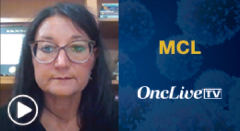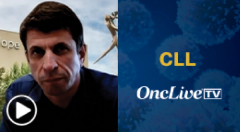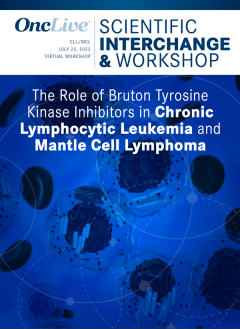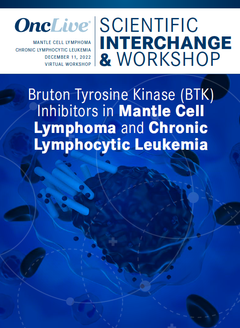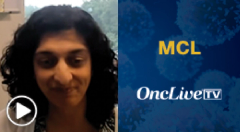
Dr. Danilov on the Future of BTK Inhibitors in CLL
Alexey V. Danilov, MD, PhD, discusses the future of BTK inhibitors in chronic lymphocytic leukemia.
Episodes in this series

Alexey V. Danilov, MD, PhD, associate director, Toni Stephenson Lymphoma Center and professor, Division of Lymphoma, Department of Hematology and Hematopoietic Cell Transplantation, City of Hope, discusses the future of BTK inhibitors in chronic lymphocytic leukemia (CLL).
Noncovalent BTK inhibitors could address one of the biggest unmet needs in CLL, which is the treatment of patients with double refractory disease, Danilov says. These are patients who have failed on covalent BTK inhibitors, such as ibrutinib (Imbruvica), and hypomethylating agents, such as venetoclax (Venclexta), Danilov adds. This could be the first area where noncovalent BTK inhibitors, such as pirtobrutinib (LOXO-305), are utilized, though noncovalent BTK inhibitors could also have a role in patients who progressed on only a covalent BTK inhibitor or a hypomethylating agent, Danilov explains.
An FDA approval for a noncovalent BTK inhibitor will ultimately dictate which patients are eligible to receive the agent, Danilov concludes.



